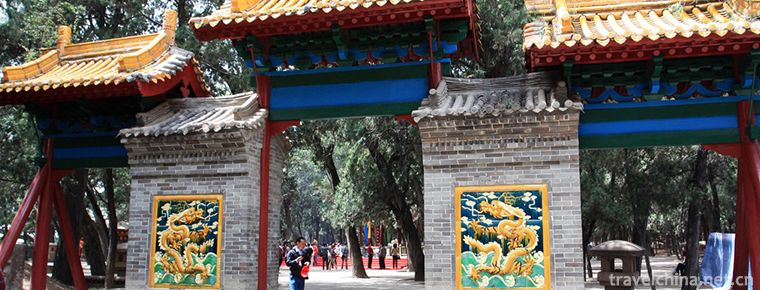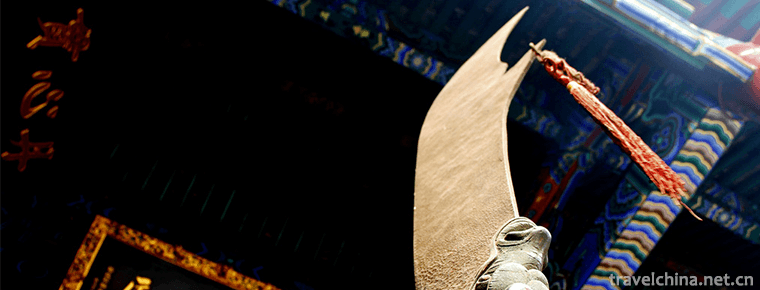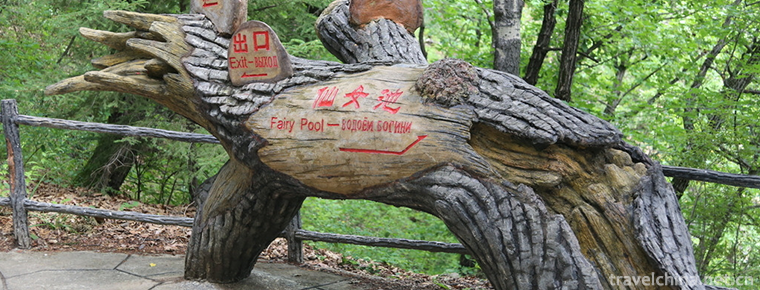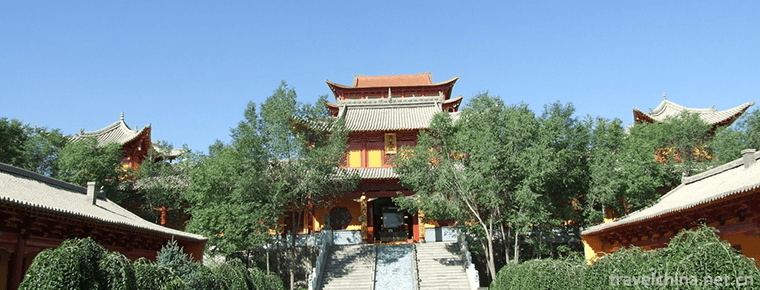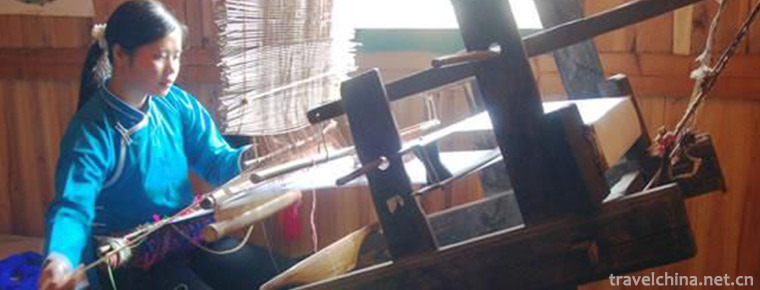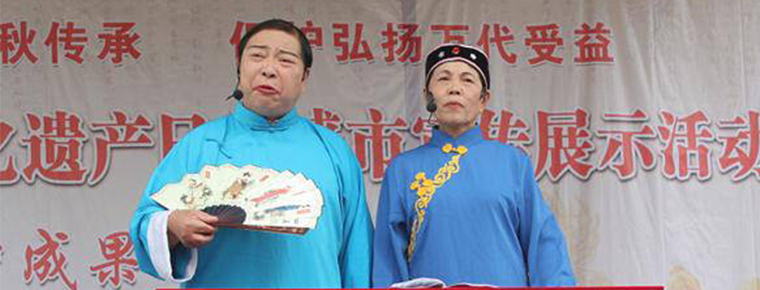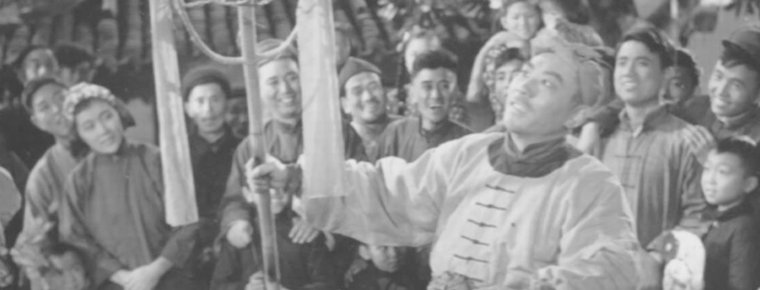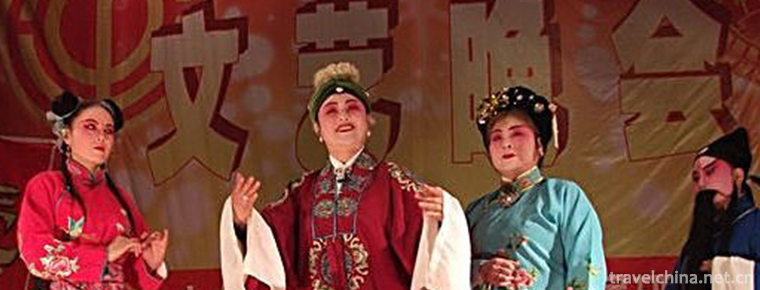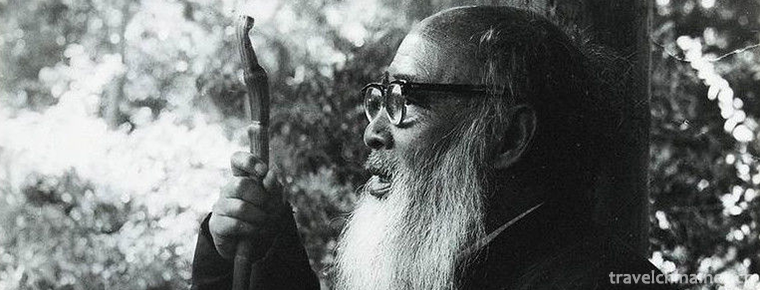Mianyang Teachers College
Mianyang Teachers College
Mianyang Normal University is a full-time general undergraduate college in Sichuan Province. The school is located in Mianyang, China's science and technology city, the birthplace of Li Bai, known as the "Pearl of Shudao".
The Spring and Autumn Period is changing, and the fire is spreading. In 2002, with the approval of the Ministry of Education, Mianyang Teachers College was established by the combination of Mianyang Teachers College and Mianyang Education College. In 2006, it became the authority to grant bachelor's degree. In 2007, it passed the evaluation of undergraduate teaching level by the Ministry of Education. In 2011, it was approved to be a pilot unit of "Serving the Special Needs of the Country" and began to recruit master's degree postgraduates in environmental engineering. Since its establishment, the school has formed the spirit of "self-improvement, hard struggle, pragmatic innovation and pursuit of excellence", "educating people first, serving the local area", "honest, knowledgeable, devoted, hongyi" school motto, "promoting literature and encouraging teaching, stopping at the best" teaching style, "paying equal attention to learning and thinking, and integrating knowledge and practice" learning. The wind. Over 120,000 outstanding students have been trained for the country.
Huang Zhong tapped lightly, Jiugao Hung-chien. The school now has high-tech campus, Youxian campus and Fenggu campus. The campus covers an area of nearly 2,000 Mu and has a building area of more than 460,000 square meters. It has modern library, teaching building, experimental building, sports venues and other service facilities. There are 16 secondary colleges, 54 full-time undergraduate majors, covering 9 University disciplines. At present, there are 446 teachers with senior professional titles, 159 doctors, 53 tutors with doctoral degree and master degree. They enjoy special allowances from the State Council, academic and technological leaders and reserve candidates from Sichuan Province, outstanding experts with outstanding contributions from Sichuan Province, 15 famous teaching teachers from Sichuan Province, and 4 experts with city-level talent titles. Now a talent training system has been formed for postgraduate education, full-time undergraduate higher education, adult undergraduate higher education and overseas student education, with more than 18,000 postgraduates, full-time undergraduates and overseas students.
Promoting culture and encouraging education should stop at perfection. Focusing on the fundamental task of cultivating people by virtue, based on the orientation of "teaching-oriented, local-oriented, applied-oriented and normal-oriented", the school adheres to the principle of "strengthening normal education, improving artistic skills and applying transformation", and cultivates service media according to the reform idea of "teachers adapting to curriculum, curriculum, specialty, students and society". Excellent teachers of basic education and high-quality applied talents needed by regional economic and social development. The school has set up seven provincial characteristic specialties, three provincial teaching teams, two provincial comprehensive reform projects, seven provincial "Excellence Plan" projects, three experimental teaching demonstration centers in Sichuan universities, one training center for teachers'continuing education in Sichuan Province, and 18 provincial top-quality courses. In the past three years, the school has completed 906 projects such as quality engineering, excellent engineering and teaching reform at all levels, and students have won 39 prizes in the teaching competence contest of Sichuan Province and national normal students.
Innovation and entrepreneurship are in vogue. The school has constructed an excellent teacher training model for innovative education, and integrated innovative entrepreneurship education into the whole process of talent training, and achieved fruitful results. The school has the Innovation Studio of the Chinese Association of Science and Technology, the experimental base of the Creative Society of China and the innovative education base of science and technology for young people in Sichuan Province. Students undertook 1599 projects of scientific research, innovation and entrepreneurship at all levels, successfully declared 790 national patents, won more than 2000 awards from the state, provinces and municipalities in scientific and technological cultural activities, won the National Gold Prize of "Creating Youth" Innovation and Entrepreneurship Competition, and more than 100 projects of independent entrepreneurship.
Teachers and researchers are good at serving the local community. The school insists on scientific research serving local economic construction and social development, strives to build three brands of "education service", "science and technology service" and "cultural service", and actively promotes the construction of "integration of government, industry, education and research". The school has one key laboratory in Sichuan Province, 12 key research bases in philosophy and Social Sciences in provinces and municipalities, 2 high-level research teams in provinces, and one research center for ten historical celebrities in Sichuan Province. Over the past three years, the school has undertaken 58 research projects of the National Natural Science Foundation, the National Social Science Foundation and provincial and ministerial levels, and published 582 papers in core journals, including 130 SCI papers and 73 academic works; carried out more than 100 projects such as school-site cooperation and services; actively participated in the strategy of revitalizing the villages at home, and joined Pingwu County and Lingtang County. County, Santai County and other counties carry out poverty alleviation through education, intelligence and culture, organize teams to assist local people in planning new villages and poverty alleviation through industry, and make positive contributions to the development of local economic, social and cultural education; give full play to the characteristics of teacher education, promote the professional growth of primary and secondary school teachers, and train primary and secondary schools in the past three years. More than 40,000 teachers attended.
To educate people with culture and literature. The school focuses on the cultivation of campus culture and the implementation of thematic education month, festival activities and "one college, one product" construction. Collecting and sorting out nearly 3000 items of national and provincial non-heritage projects, the venue education model has won the national excellent award, and the "Voice of Dream" Choir has performed in and out of the province for many times. A series of brand activities such as the University Students'Science, Technology, Culture and Art Festival and the Society Elegance Festival have become a beautiful scenic line, forming a "Bo, Ya, Fun and Live" campus culture. Atmosphere.
Open school, in line with international standards. In recent years, the school has cooperated with many universities and scientific research institutions in Germany, the United States and other countries and regions to carry out activities such as teacher training, scientific research cooperation, academic exchanges and student exchanges.
Strings sing praise elegance, elegance continues. Standing at the starting point of the new historical development, the school firmly grasped the historical opportunity of the national "one belt and one road" initiative, the "three major development strategies" of Sichuan Province, the construction of China (Mianyang) science and technology city and the transformation and development of the newly established universities. Guided by Xi Jinping's socialist ideology with Chinese characteristics in the new era, we should focus on comprehensive reform and push forward the transformation. We should strive to build our school into an application-oriented university with distinctive characteristics and outstanding advantages, which has a certain influence in the western region. (Data deadline: December 2018)


-
Huangdi Mausoleum Scenic Area
Huangdi Mausoleum is the tomb of Xuanyuan Huangdi, the ancestor of the Chinese nation. It is the only Huangdi Mausoleum recorded in Historical Records..
Views: 152 Time 2018-12-12 -
Guan Lin Scenic Area
Guanlin, a national key cultural relic protection unit, National AAAA tourist attraction, is the first place for the burial of Shu generals Guanyu in the Three Kingdoms period. The former is an ancest.
Views: 129 Time 2018-12-24 -
Maolangou National Forest Park
Maolangou National Forest Park is located in the northeastern part of Heilongjiang Province, at the northern foot of Xiaoxing'an Mountains and Xiangyang Township of Jiayin County,.
Views: 185 Time 2019-02-07 -
Shandan Great Buddhist Temple
Shandan Grand Buddha Temple is located at the foot of the mountain 5 kilometers west of Shandan County, Zhangye City, Gansu Province. The old name of "Tufo Temple" was built in the Northern.
Views: 161 Time 2019-02-08 -
Dong Brocade Weaving Techniques
Dong brocade weaving technology, the traditional handicraft of Tongtong Dong Autonomous County in Hunan Province, is one of the national intangible cultural heritage..
Views: 152 Time 2019-04-27 -
Hanchuan good books
Hanchuan Shanshu is a kind of traditional folk music which combines rap and singing in Hubei Province. Since the Qianlong period of the Qing Dynasty, it has a history of 260 years. .
Views: 127 Time 2019-05-02 -
Shanghai Opera
Shanghai Opera, a local traditional drama in Shanghai, is one of the national intangible cultural heritage..
Views: 158 Time 2019-05-03 -
Xihe Opera
Xihe Opera, also known as Xingzi Xihe Opera, is a traditional opera popular in Xingzi, De'an and Jiujiang counties and cities of Jiangxi Province. Its main vocal cavity is Pihuang, also known as ".
Views: 124 Time 2019-07-01 -
Yi Quan
Yiquan, also known as Dacheng Quan, is one of the traditional Chinese boxing and belongs to Neijia Quan. It comes from mind boxing. Including: standing pile, trial, footwork, strength, sound test, pus.
Views: 169 Time 2019-07-13 -
Zhang Daqian
Zhang Daqian (Chang Dai-Chien, May 10, 1899 - April 2, 1983), formerly known as Zheng Quan, was renamed as yuan, Ji Yuan, Hao Da, alihao Dai Ju Shi, Xia Li Hong Kong people, Zhai Da Feng Tang. Sichuan.
Views: 292 Time 2019-09-04 -
Science and technology of Panzhihua
In 2018, there were 2865 patent applications in Panzhihua. The output value of high-tech industry reached 53.1 billion yuan, and 2015 science and technology projects were arranged, including 780 high-tech projects, 320 new high-tech projects in that year, and 16 science and technology.
Views: 342 Time 2020-12-14 -
Deyang medical and health
By the end of 2018, Deyang City had 2819 health institutions (including village clinics), including 7 centers for Disease Control and prevention, 7 health supervision institutions, 1 Emergency Center (station), 6 maternal and child health centers, .
Views: 319 Time 2020-12-14
